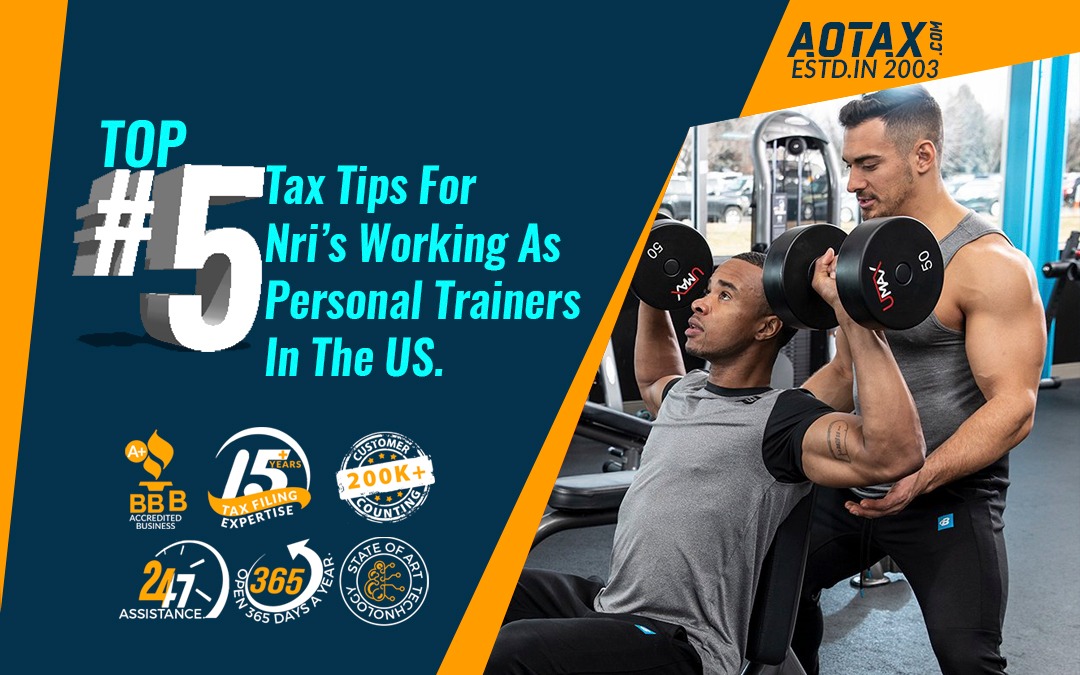All You Need to Know About Tax-Deductions on Charity
All You Need to Know About Tax-Deductions on Charity
A lot of taxpayers plan to do charity by the end of the year or during the festival season. If you have any such plans, it is only natural to wonder how the new tax laws will have an impact on your donations or Tax Deductions on charity.
While donating to charities, it is essential to be cognizant of the organization that you are donating to. Since there are a lot of scammers who do not miss an opportunity to collect charity in the wake of a natural disaster.
Making donations towards a qualified non-profit organization is the right way to go. Thequalified non-profit organization includes groups that are educational, charitable, religious, literary or scientific. Or any organization that works towards reducing cruelty towards children and animals. The IRS provides enough information on their website regarding all the organizations that are qualified. So that your contributions are directed to the right resources.
Though there have been new tax laws, it doesn’t bring a lot of changes for charity. They are still tax-deductible. The new laws have made some changes to itemized deductions but with minor changes, charity remains tax-deductible. You can still contribute money towards charity or items as long as you itemize them.
Updates for Charitable Deductions
The following are the two major changes for charitable deductions.
- The earlier law allowed taxpayers to claim up to 80% of donations towards a seasonal ticket for college as tax deductions. However, under the new law, you cannot make any such claims. This is applicable from the year 2018 onwards, or the filing year 2019.
- The limits when it comes to cash contributions to public charities have been hiked from the current level of 50% to 60%.
Itemized Deductions and Standard Deductions
The new tax laws have increased the standard deduction limits and it might impact the way you claim or do not claim your donations towards charity. Though there is no direct correlation between them, the IRS believes taxpayers are more likely to take the standard deduction.
For 2019, the IRS has hiked the standard deduction to $12,200 for single taxpayers and $24, 400 for jointly filing taxpayers. Taxpayers who are the head of the family can claim up to $18,350 as a standard deduction. The thing which hasn’t changed is your decision to take the standard deductions or itemize your deductions. Of course, you still must assess which option gives you a better tax option.
As mentioned, predictions show that a lot more taxpayers will now have their standard deductions a bit higher than itemized deductions. Thereby, leaving them with the option to go with the standard deduction and not itemized deductions. Consider this, you are liable to $8,000 as state and local taxes, $5,000 as mortgage interest and have made charitable contributions of $2,000. If you are filing as a single taxpayer, these itemized deductions sum up to $15,000 which is higher than the standard deduction of $12,200.
However, taxpayers filing jointly have a higher buffer of $24,400 and are more like to take the standard deduction instead of itemizing their deductions.Taxpayers who are close to the upgraded standard deduction limits can choose to contribute towards a charity of their choice during the festival season and claim it under Itemized deductions.
There are a couple of benefits of doing the same. For starters, you will be bringing a positive impact in someone’s life during the festive season and boost your tax refunds at the same time.
While both the options are still available, a taxpayer must do a quick assessment as to which method saves the most amount of taxes for them.






Recent Comments